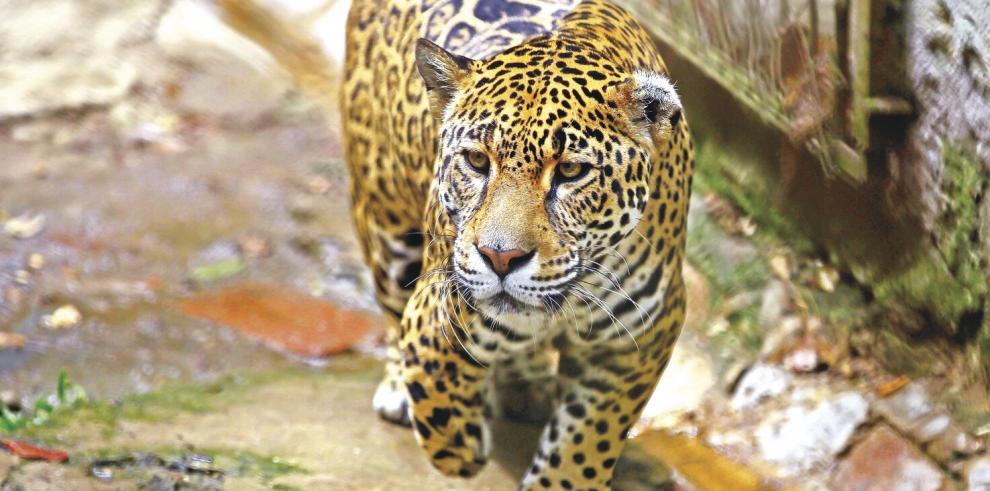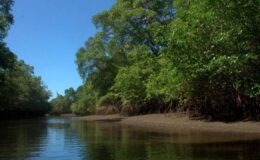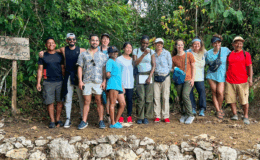Just when my day was going OK. I read this shit.
- By : James Bryson
- Category : Agriculture, Conservation, Environmental

The laws are present, the penalties need to be harsher…..like DEATH.
In a comprehensive analysis of the general state of nature, the World Wide Fund for Nature (WWF) released its latest Global Living Planet Index 2022, which shows an average 69% decline in the relative population abundance of animal species across the planet between 1970 and 2018. Latin America has the largest regional decline in average population abundance (94%) and, in terms of species, freshwater populations show the greatest overall decline globally (83%).
The figures are simply “terrifying” for Marco Lambertini, director general of the WWF, who argues that this is nothing less than a two-thirds decline in the Living Planet Index (IPV) in less than fifty years.
The Index collects data from nearly 32,000 populations of 5,230 species across the globe, including terrestrial, marine and freshwater vertebrates.
The conclusions are stark: urgent action is needed to restore the health of the natural world, but there is no sign that nature loss is now being halted, let alone reversed. The trend of declining vertebrate populations is despite all political and private sector commitments.
The 89 authors who worked on the document emphasize that the world is experiencing a climate crisis and a biodiversity crisis: They are not two separate issues, but two sides of the same coin.
The warnings are set and that, according to the authors, the pressure we are exerting on the natural world is driving a growing crisis of nature,
which in turn is undermining their ability to provide crucial services, including climate change mitigation and adaptation.
On the other hand, the destruction of nature that we are carrying out is increasing our vulnerability to pandemics and exposing the most vulnerable populations to great risks.
The factors of biodiversity loss are complex and transversal, WWF sees it essential that we recognize that there is no single and simple solution. It therefore recommends that it is of the utmost importance that the world adopt a common global goal for nature, which guides and drives action by Governments, businesses and society.
If we want to turn nature loss around and safeguard the natural world for current and future generations, we need to set a global goal of reversing biodiversity loss to ensure a nature-positive world by 2030.
“That must be the wandering star we follow, just as limiting global warming to 2°C, preferably to 1.5°C, guides our climate efforts,” WWF stresses.
The upcoming meeting at the 15th Conference of the United Nations Convention on Biological Diversity (COP15) in Montreal, Canada, under the presidency of China, next December 2022, is an opportunity for WWF for leaders to adopt an ambitious Global Biodiversity Framework that drives immediate action for a nature-positive world.



No Comments